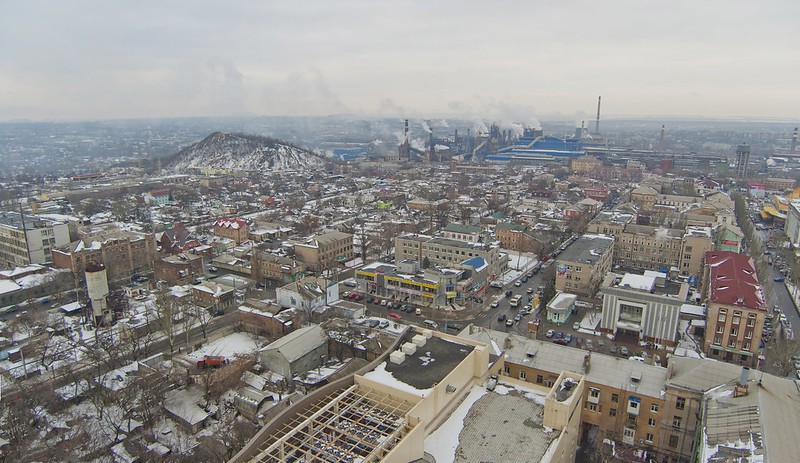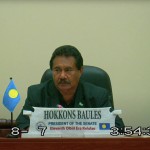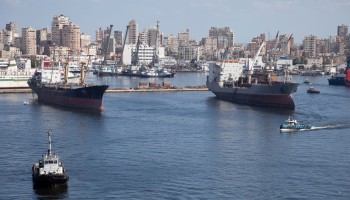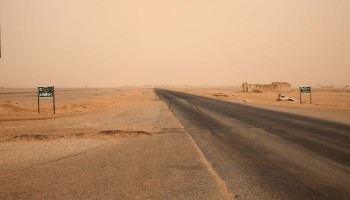“Since Russia first encouraged, facilitated, armed and bankrolled the rising of the rebellious pseudo-states of south-eastern Donbas in 2014, there had been a pervasive connection between crime, war and insurrection,” the Report said.
“This was a status quo that not only encouraged criminalization, but was based on it,” it said. “Industrial-scale smuggling of everything from coal to narcotics helped sustain the internationally unrecognized pseudo-states of Donbas; gangsters became militiamen; and money-laundering networks meanwhile bypassed sanctions.”
Criminality in the Donbas did not start in 2014. Even before the war, the Donetsk region was one of the most violent in Ukraine, with the most crimes and homicides in the country in 2012.
“This density of criminality, combined with the weakness of local institutions, across Ukraine but especially in Donbas (where talk of a crime–politics nexus was commonplace) had for years offered opportunities for gangsters to convert money and muscle into de facto political power,” GI-TOC explained.
In the past eight years, local criminals have shifted from gangsters to warlords. For example one underworld figure in Donetsk, a counterfeit vodka baron, known as the Chort (devil) is believed to be the main funder of a military unit known as the Russian Orthodox Army, which was sent by Russia to fight in Mariupol over the last few months.
Another kingpin, a tobacco smuggler known as Prokop, handpicked his associates to sit on the DNR’s parliament, and filled out its military units with his loyal gunmen.
“As the DNR and LNR began to be institutionalized, figures with criminal backgrounds or networks became part of the self-proclaimed new regimes. Their criminal networks also allowed them to recruit representatives in neighboring regions in opportunistic and usually fruitless attempts to spread the insurrection,” GI-TOC said.
It’s no surprise, cut off from the rest of Ukraine and sanctioned by the West, criminality has been key in keeping economies afloat in the Donbas and occupied region as well, making local crime bosses important figures for local politicians to keep happy.
Since the 2014 split, “Moscow provided much assistance, through direct subsidies and periodic aid shipments, but this only covered the core expenditure of the state and war-fighting apparatus,” GI-toc found. It explained that criminal economies filled the gap, sustaining the local elites, the state structures and the armed groups as well as the lives of many of the dispossessed and unemployed.
Smuggled coal, cigarettes and alcohol have been amongst the most lucrative enterprises.
Anthracite coal has long been a major product of the region, and for years has been an essential source of income for Ukraine.
Kyiv imposed a blockade on the region in 2017, Smugglers from Donbas had to establish a complicated network of shell companies to get it back into Ukrainian power stations.
“Kyiv’s efforts to end its dependency on Donbas coal, especially for its power stations, by buying from South Africa and Australia came to little,” the report explained. “In an adaptive compromise of its own, it returned to buying LDNR supplies, but arranged through front companies in South Ossetia and Hong Kong, and notionally listed as Russian coal.”
Ironically, it was such ties that may have kept the conflict relatively calm for as long as it was, before it heated up in February.
Denis Pushilin, the chair of the DNR’s National People’s Council admitted in 2016 that “if we do not provide coal, Ukraine will freeze. But then we will not have any buyers and that is not good for us either.”






